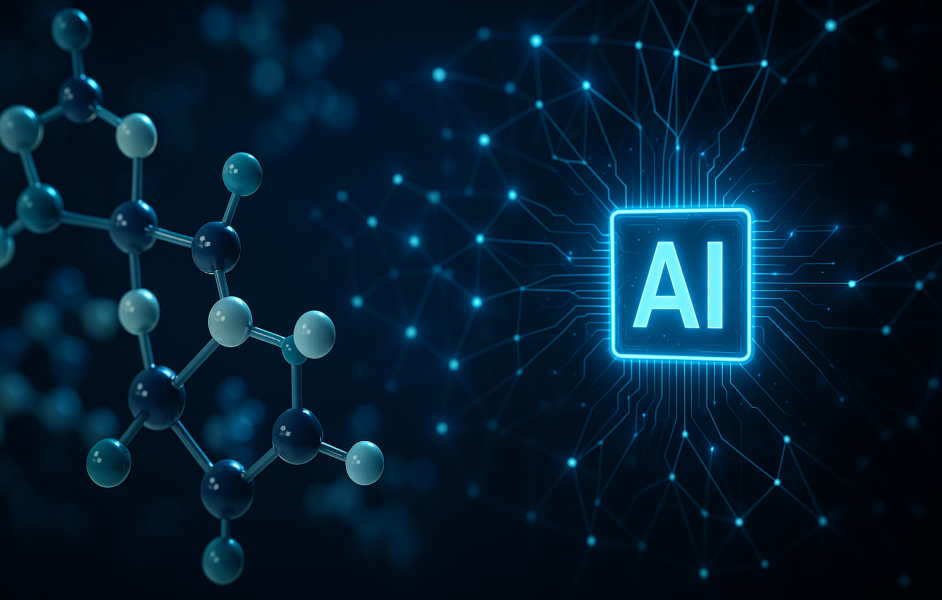Unite
3w
400

Image Credit: Unite
Evogene and Google Cloud Unveil Foundation Model for Generative Molecule Design, Pioneering a New Era in Life-Science AI
- Evogene and Google Cloud have revealed a groundbreaking generative AI foundation model for small-molecule design, enhancing the discovery of new compounds in pharmaceuticals and agriculture.
- The model, part of Evogene's ChemPass AI platform, enables simultaneous optimization of efficacy, toxicity, and stability in a single design cycle, accelerating R&D.
- Unlike traditional step-by-step screening, the AI paradigm allows for multi-parameter design, reducing late-stage failures and fostering innovation.
- Evogene's model employs transformer neural network architecture, learning from a vast chemical dataset to design novel, drug-like molecules with high precision.
- The AI leverages multi-objective optimization, balancing potency, toxicity, and stability concurrently, enhancing drug discovery efficacy.
- ChemPass AI's generative model operates by predicting molecule structures in a sequence-based approach, combining sequence and graph neural network models for accuracy and creativity.
- The AI's ability to handle multi-objective optimization distinguishes it from traditional methods, allowing for tailored design strategies and increased success rates.
- ChemPass AI's multi-traits evaluation, chemical diversity expansion, speed, scale, and integrated knowledge offer significant advantages over manual approaches in R&D.
- Evogene's AI-powered tech-engines, including MicroBoost AI and GeneRator AI, form an integrated ecosystem to revolutionize product discovery in life sciences.
- Generative AI's role in revolutionizing molecule discovery, facilitating multi-goal compound design in a single step, presents a transformative future in pharmaceuticals, agriculture, and beyond.
- The validation of AI-generated molecules through experimentation will continually refine models, driving innovation and discovery in materials, food, sustainability, and various industries.
Read Full Article
24 Likes
For uninterrupted reading, download the app